Hi everyone 
Last week I started reading a book titled “Maldita Guerra” by brazilian historian Francisco Doratioto.
I still haven't finish it yet, it has 512 pages and I'm currently on page 408 but it it's enough to talk about this old dramatic event that's funny enough either forgot or has been the source of nationalistic agenda posting, the book title refers to a quote by the Baron of Cotegipe. I'll start giving you guys some context.
In the early 1860s South America was a very different place from today, Brazil was an Empire, a constitutional monarchy and Gigabased Pedro II reigned as emperor. Argentina had just came out of a civil war between federalists and unitarians (which deserves an effort post) resulting in unitarian victory led by General Bartolomé Mitre who in 1862 became the first President of an unified Argentina. Uruguay was ruled since the end of its civil war in 1851 by the Blanco Party, Bernardo Berro was elected President in 1860, the war was won against the Colorado Party. For those who don't know Uruguay along with Argentina, Paraguay and South Bolivia were part of the Vice-Royalty of La Plata during the colonial period, it was known then as the “Banda Oriental” the Eastern Band. In 1811 Portugal invaded the Banda Oriental which became part of the Brazilian Kingdom (the Portuguese Royal Family was then living in Rio) and then became the Cisplatine province. In 1822 Brazil became an independent country and in 1825 the Cisplatine war began as the Banda Oriental wished to leave Brazil and become part of the United Provinces of the South (which became Argentina). At the end Britain intervened and Uruguay was created as a buffer state between Argentina and the Empire of Brazil on the condition the Argies would never anchluss the place.
Paraguay got its independence in 1811. Between 1814 and 1840 it was ruled with an iron fist by Supreme Dictator (that was his actual title) José Gaspar Rodríguez de Francia, known as Dr. Francia as he held the titles of bachelor in philosophy and Doctor in Theology by the University of Córdoba. Dr Francia isolated the small Mediterranean country and purged all the other “procers” or independence Founding Fathers. After he died in 1840 Paraguay adopted a consulship with the power being shared between 2 men, Colonel Mariano Roque Alonso and Mr. Carlos Antonio López.
In 1844 Mr. López became the first President of Paraguay being elected by the Congress.
Paraguay then opened up however it continued to live under a totalitarian dictatorship. Congress only was convened to elect the president and re elect him again. López appointed his 19 year old son, Francisco Solano López as army General 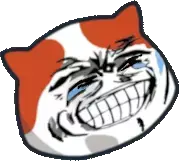
In the 1850s Solano López who was the king of South American nepo-babies went to France to study, he came back with steam ships and guns bought from France and Britain and his irish concubine Elisa Lynch (who worked as a “courtesan” in Paris).
In 1862 Carlos Antonio López died at the age of 72, his r-slurred spoiled son was his VP and became acting President with congress electing him almost unanimously for a 10 year term. By then Paraguay was a militarist society, they had a small river fleet and a permanent army, revisionists Argie leftoid “historians” made claims that Paraguay was an emerging power because it had a few railroads and an iron factory and that it represented a “threat” to the British Empire  a ludicrous notion that only our Platine neighbors and leftoid Brazilian journos like Julio Chiavennato could come up with.
a ludicrous notion that only our Platine neighbors and leftoid Brazilian journos like Julio Chiavennato could come up with.
In 1862 the Liberal Party won the elections in Brazil. During those days the Brazilian political stage was divided between Conservatives and Liberals. In 1862 a diplomatic incident with Britain happened, basically a Bong ship, The Prince of Wales sank near the coast of the Great State of Rio Grande do Sul (back then they were called provinces not states). The !macacos stole the shipwreck containers emptying them. Bongland responded sending a fleet to Guanabara Bay at Rio de Janeiro demanding reparations which the cucked libs did. Diplomatic relations with Britain were then cut. In 1864 a civil war erupted in Uruguay, a Colorado caudillo Venancio Flores decided to usurp power. Because of Flores's pro Brazilian leanings (the Blancos were taxing Brazilian imports from Rio Grande do Sul way too high to protect their markets as Brazil used slave workforce which made it cheaper than Uruguayan production, this made Gaúcho Farmers extremely angry with the Blancos) and because their reputation was in total shambles after the Bongland debacle the Liberals in Brazil decided to support Flores but before they consulted with Argie President Mitre assuring him they didn't intend to Annex Uruguay. Paraguay on the other hand was an ally of the Blanco government, Solano López who thought himself as a sort of Napoleon warned Brazil that they would declare war in case of intervention in Uruguay, the Brazilian Government dismissed this. Solano López thought that as Argies and Brazilians hated each other then surely Argentina would let their troops pass and join the fight. There were also some disputed borders between Paraguay and Brazil-Argentina (the misiones and part of Mato Grosso do Sul). In august 1864 Brazil invaded Uruguay to support regime change under the pretext that Brazilian citizens who lived in Uruguay were in danger and being killed by the Blanco government, war with Paraguay never came across the minds of our leaders in Rio de Janeiro. Solano López proceeded by conscripting almost every single man in fighting age. Paraguay had a population of around 400-500k inhabitants back then with a standing army of around 25k men. After the massive conscription and calling all the reserves Solano López got himself an army of 77k men. The Brazilian army back then was only 18k men despite having a population of around 9 million (9.9 million in the 1872 census). López bet was in some sort of Blitzkrieg. By then he suspected Mitre could join Brazil so what he wanted was an alliance between the Uruguayan Blancos and the Argie Federalists, the defeated group were led by the Entre Rian caudillo Justo José Urquiza.
The Province of Mato Grosso was then geographically isolated, its capital Cuiaba had only around 10k inhabitants as the only way to get through it was by the Paraguay River. In November 1864 a Brazilian ship, the steamboat marquis of Olinda was carrying the new President of the Province of mato Grosso, Colonel Federico Carneiro de Campos. Solano López was surprised considering he warned Brazil of war (rentfree in his mind) so h ordered his men to seize the ship and declared war to Brazil. Then in Dezember he invaded Mato grosso and deported all the local Brazilians to Paraguay where they would be mistreated.
Argentina declared itself neutral in the conflict, however they denied the pass of Paraguayan troops, this led to Solano López to declare war to Argentina, he then invaded the northern Argentine Province of Corrientes and intended to reach Uruguay soon. By then the Blancos were deposed and Flores was President. In may 1865 the Treaty of the Triple Alliance was signed between Brazil, Argentina and Uruguay. So the war began.
But a funny thing related to Mato Grosso. The main war theater was Corrientes (1865) and South Paraguay (1866-1868). In early 1865 a regiment was dispatched to free Mato Grosso, they walked 2100 km to reach it, arriving in 1867. 1/3 of them were dead, another had deserted. Only 1300 of the 3200 soldiers sent reach Mato Grosso. They were so worn out, sick and tired they didn't manage to accomplish their goals. After being repealed they went to Cuiaba, infected with smallpox. The epidemic killed half of the city's population.
After forming the triple Alliance it was decided in accordance that President Mitre who was an experienced General would lead as Supreme Allied Commander. However the Brazilian generals at the front, The Count of Porto Alegre and the Vice Admiral the viscount of Tamandaré despised Mitre and thought the Argies were either useless or treacherous. The Federalist caudillo Urquiza ended up betraying López and joining Mitre only to retrieve later on and become a war profiteer selling food to the armies like the cunning bastard he was.
It would be only in 1866 with the arrival of the man, the legend, the Marquis of Caxias that the dysfunctional allied force would become organized.
Meanwhile López' r-slurred actions isolated Paraguay, his envoys in Britain were expecting to received new ships and weapons but because the country is landlocked and the only way in was through the Paraná river they never came.


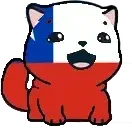


.webp?h=10)
 aweonao
aweonao

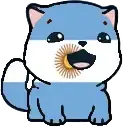
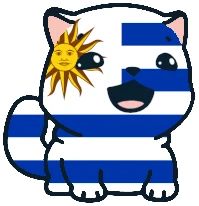
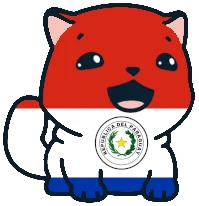
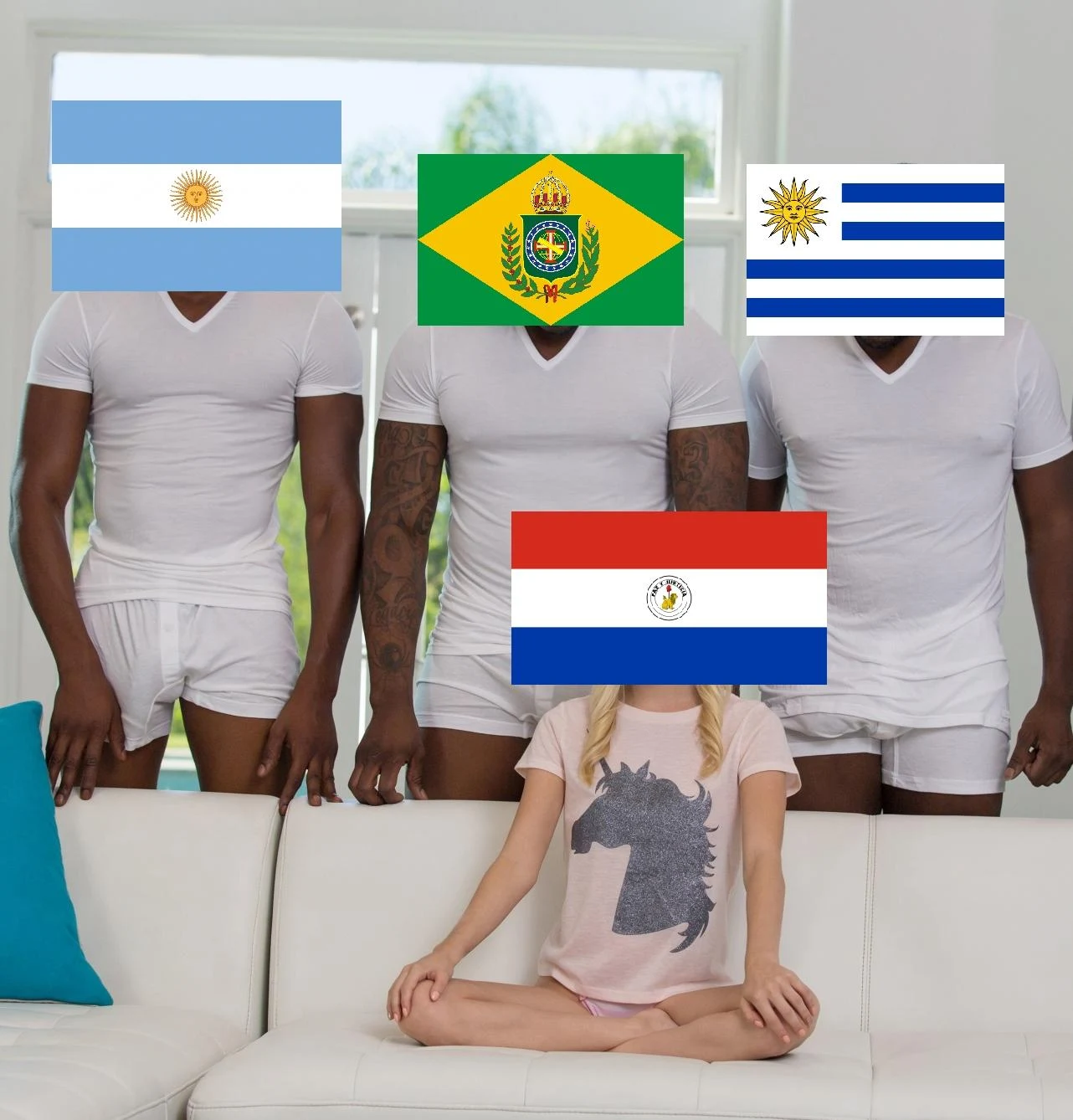
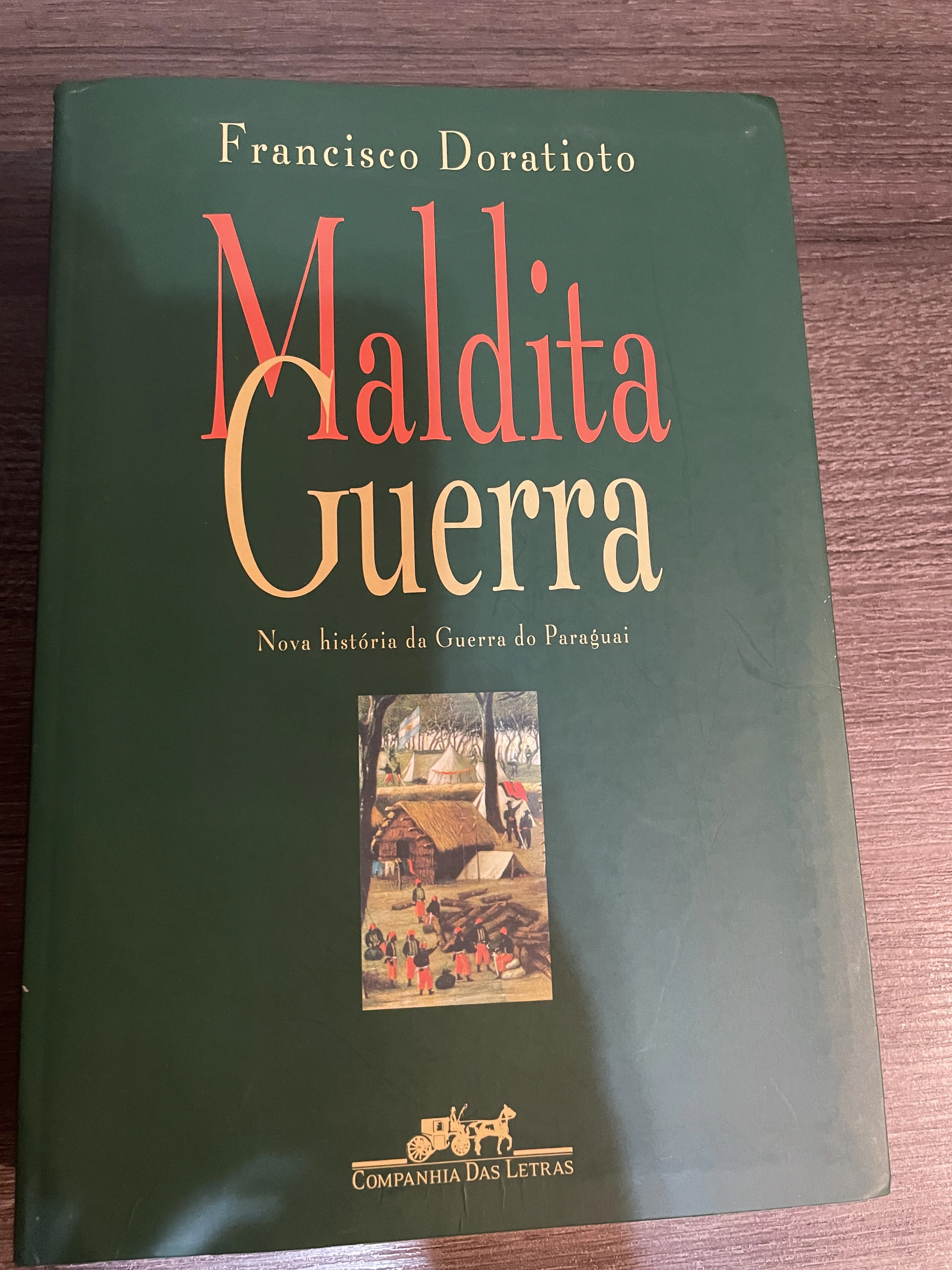
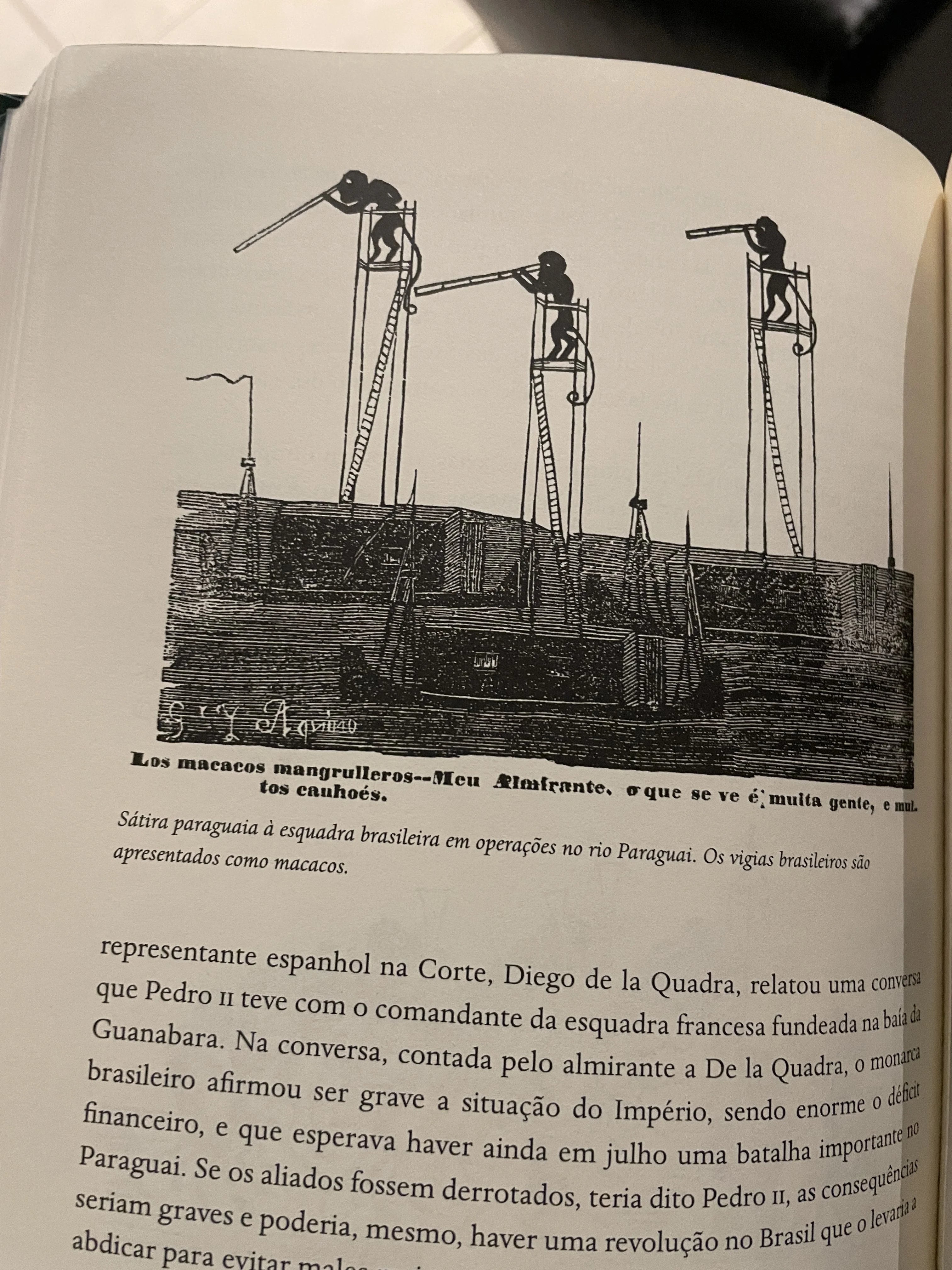
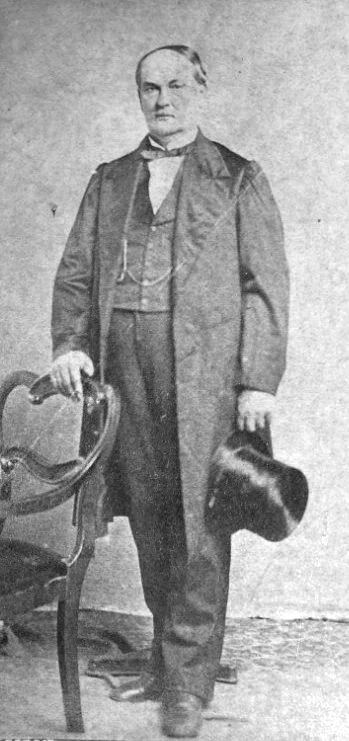
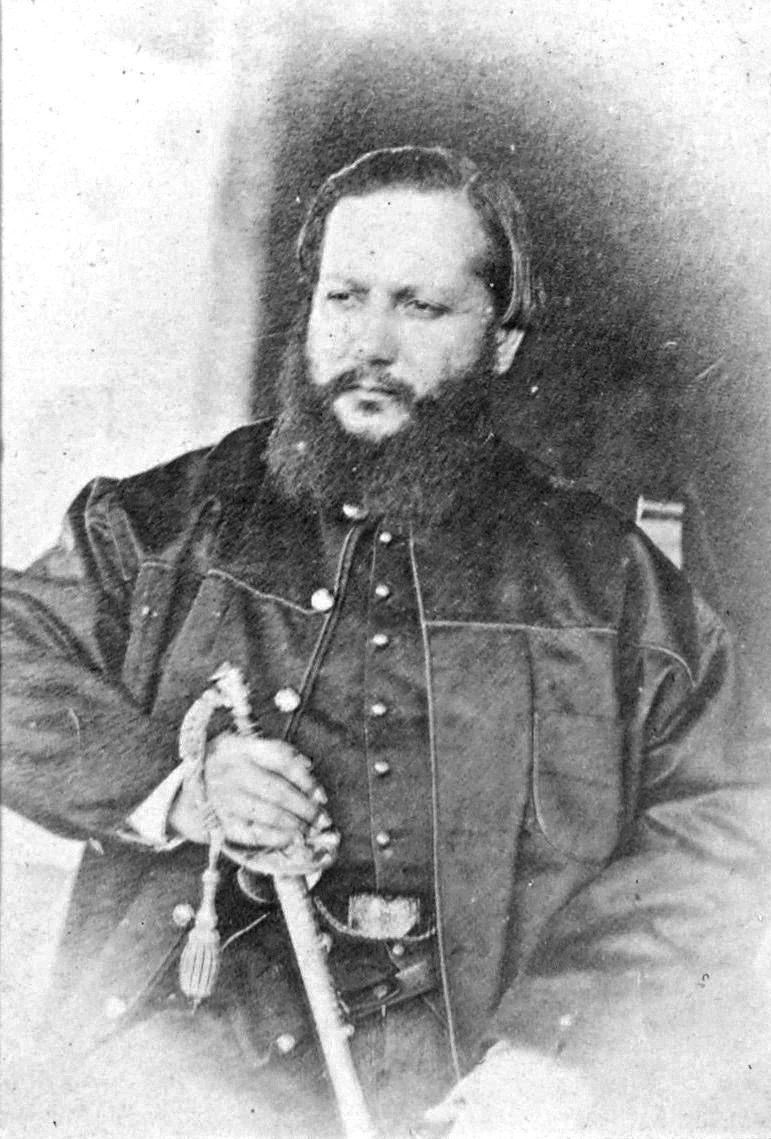
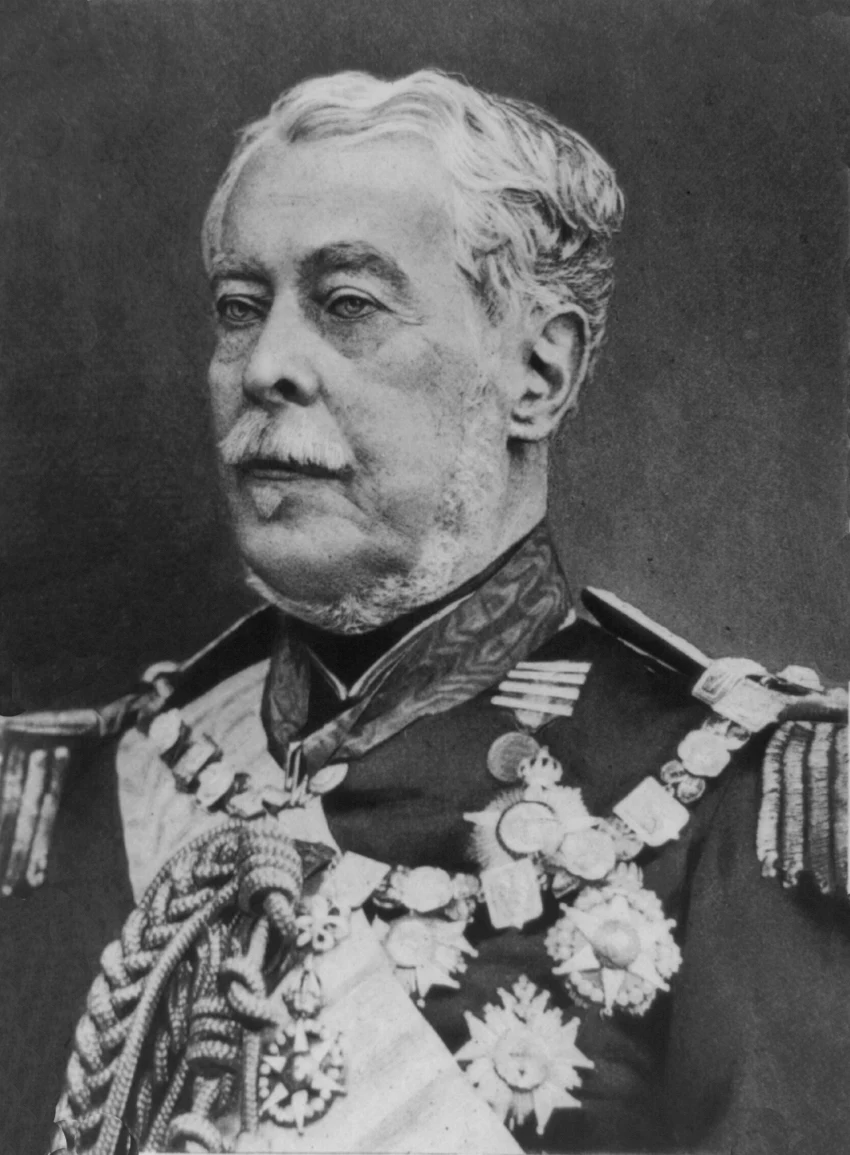


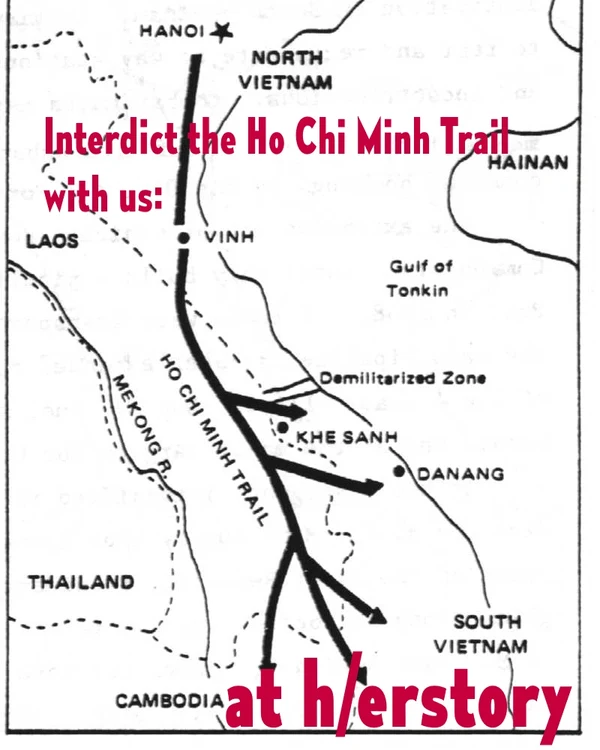
Jump in the discussion.
No email address required.
I couldn't keep track of who is who, so I literally had to make a sketch with a national flag next to each name, it would have helped if there was a country marsey next to each name to help stupid Mayos keep track
In WW1 timelines it's easy to keep track of which person belongs to which faction, because Bong, kraut, frog, Serbian, Austrian, russian names are all very different spelling and sounding names
But Spanish and porra is too similarly sounding
Jump in the discussion.
No email address required.
Paraguay
President: Marshall Francisco Solano López
First Lady: Elisa Lynch
Generals
Wenceslao Robles
Bernardino Caballero
Minister of Foreign Affairs: José Berges
Diplomatic envoys: Gregorio Benítez, Cándido Bareiro
Argentina
President: Bartolomé Mitre (1862-1868)
President: Domingo Faustino Sarmiento (1868-1874)
Generals: the main one was Gelly y Obes
Minister of Foreign Affairs: Rufino de Elizalde
VP: Marcos Paz
Entre Ríos caudillo: Justo José Urquiza
Uruguay
Blanco President: Bernanrdo Berro
Blanco interin President: Atanasio Aguirre
Colorado President: Venancio Flores
General: Enrique Castro
BRAZIL

(Brazilian noblemen were adressed by their titles instead of names).
Emperor: Pedro II
Main general: Marquis of Caxias
Main generals:
Count of Porto Alegre
Viscount of Pelotas
Baron of São Gabriel
Manuel Osório
Admiral of fleet:
Viscount of Tamandaré
Diplomats:
Viscount of Rio Branco
Brazilian PMs: way too many, main ones the Marquis of Olinda, the Viscount of Itaboraí and the Viscount of Rio Branco.
Other Brazilian politicians, the Baron of Cotegipe, opposed to the war for economic reasons, José Silveira da Motta, a senator, the Baron of Penedo, the Viscount of Itaúna (President of São Paulo province).
Jump in the discussion.
No email address required.
Jump in the discussion.
No email address required.
By the way, this war was to the Paraguayans what the Second Boer War was to the Afrikaners, a demographic catastrophe with the Empire of Brazil being the equivalent of Britain.
Jump in the discussion.
No email address required.
SORRY I WAS ASLEEP
I need to read up on the war, but South America is incomprehensible to me.
Jump in the discussion.
No email address required.
I advise you to learn about a specific country or region first so you head doesn't get scrambled. South America is way too big, even Brazil is hard to keep up. I personally know little about the northern regions of Brazil, most of the LATAM history I know is from the Plata Basin, my region, which includes South Brazil plus São Paulo, Uruguay, Paraguay and the Argentine Northeast and Pampa areas (Buenos Aires Province). These are the peoples of erva mate or Yerba Mate and where our diet was historically very carnivore due to the abundance of cattle, the land of the gauchos and our great rivers.
Jump in the discussion.
No email address required.
More options
Context
More options
Context
More options
Context
More options
Context
More options
Context
More options
Context